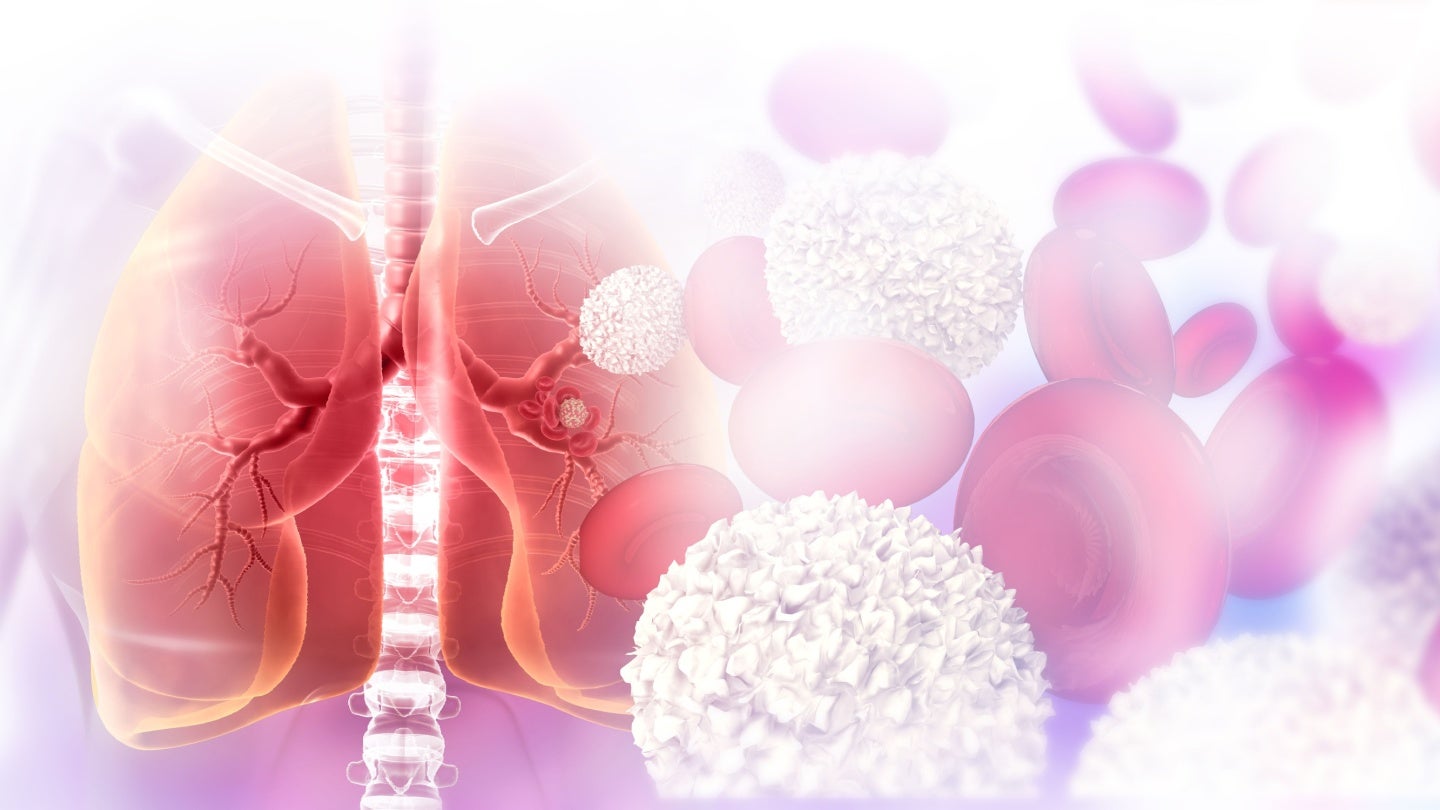Exploring Women’s Perspectives on Perimenopause: Insights from a Recent Survey
The changes that occur during a woman’s transition through menopause can be both profound and perplexing. Hot flashes, weight fluctuations, sleep disturbances, and mood variability often accompany this transformative life stage, signaling hormonal shifts in the body. The journey towards menopause begins with perimenopause, which is characterized by irregular menstrual cycles as the body prepares […]


The changes that occur during a woman’s transition through menopause can be both profound and perplexing. Hot flashes, weight fluctuations, sleep disturbances, and mood variability often accompany this transformative life stage, signaling hormonal shifts in the body. The journey towards menopause begins with perimenopause, which is characterized by irregular menstrual cycles as the body prepares for the cessation of menstruation and reproductive capability. Understanding this complex process is crucial for women as it can have significant implications for both their physical and mental well-being.
Perimenopause is defined by notable fluctuations in hormonal levels, leading to changes in menstrual patterns. According to Dr. Lauren Baker, an expert in obstetrics and gynecology at The Ohio State University Wexner Medical Center, the formal definition indicates that periods should vary by at least seven days over a minimum duration of ten months. This fluctuating cycle is a harbinger of the impending menopause phase, a period that typically marks the end of reproductive years, generally occurring in most women during their early fifties.
A recent survey conducted by the Ohio State Wexner Medical Center revealed that a significant percentage of women—61%—believe they are likely to experience menopause in their 40s. This belief, however, clashes with the reality that symptoms can commence as early as the 30s for some individuals. Age, body type, genetics, and lifestyle factors all play critical roles in determining when and how menopause occurs. Interestingly, many women may not enter menopause until several years later than they anticipate, underscoring the importance of understanding one’s unique biological timeline.
The implications of perimenopause and menopause extend far beyond just physical symptoms. Emotional and psychological dimensions come into play as well, and a considerable number of surveyed women—about one in three—expressed a keen concern over the long-term health effects associated with menopause. These worries encompass not only physical changes but also mental health challenges. The data indicate a notable generational difference, with younger women, particularly those between the ages of 18 to 29, more likely to express anxiety about mental health issues related to menopause compared to their older counterparts.
Effective management of menopausal symptoms is integrally connected to lifestyle factors, particularly diet and exercise. In the Ohio State survey, half of the respondents identified dietary management as a vital component of treatment. Dr. Baker emphasizes the importance of a balanced diet rich in essential nutrients such as calcium and vitamin D, which are crucial for maintaining bone health during this transitional period. Additionally, integrating fiber and protein into one’s diet benefits weight management as hormonal changes can lead to unexpected weight gain.
Physical health and nutrition play pivotal roles in navigating the changes associated with menopause, but the impact of hormonal shifts reaches into the realm of mental health as well. Women undergoing perimenopause often experience significant mood swings, anxiety, and in some cases, depression, all of which can adversely affect their quality of life. Acknowledging these symptoms and addressing them proactively with healthcare professionals can make a substantial difference. Dr. Baker advocates for open communication with one’s doctor to explore effective treatment options, which may range from lifestyle modifications to hormone replacement therapies.
Furthermore, menopause isn’t merely a singular event; it’s a prolonged phase that can last several years, making awareness and education particularly crucial. There are various emotional and physical symptoms to track, and understanding that these changes can occur at any time—even earlier than commonly expected—can empower women to seek help sooner. The overall message from medical experts is clear: women should not underestimate their symptoms or accept them as just an inevitable part of aging.
Research suggests that work productivity can also be negatively impacted during the menopause transition, with many women reporting challenges in workplace performance and overall quality of life. This highlights the need for more public discourse and workplace accommodations for women experiencing menopause, as societal awareness remains limited. There are successful strategies for coping with workplace challenges that can be explored, such as seeking flexible work hours or access to health and wellness initiatives.
The survey also underscores how important it is for women to recognize the different dimensions of menopausal effects—not solely viewing them through a physical lens. Emotional resilience, community support, and mental health resources become significant allies in navigating this multifaceted experience. As women take charge of their health during this transitional phase, they become better equipped to thrive, not just survive.
Now more than ever, it is essential to create a supportive environment where women feel encouraged to voice their concerns and seek the necessary resources. The healthcare system must adapt to recognize the unique needs of women going through perimenopause and menopause. This involves not just individualized care, but also comprehensive educational resources that can help demystify the experience and reduce stigma surrounding it.
Additionally, public health initiatives should aim to foster awareness and educate women of all ages about reproductive aging and its implications. By focusing on preventative measures, such as promoting healthy lifestyles and fostering open dialogues about menopause, society can help transform the narrative surrounding this natural phase in women’s lives.
In conclusion, understanding the complexities of perimenopause and menopause allows women to face these changes armed with knowledge and confidence. Through dietary adjustments, exercise, medical guidance, and supportive communities, it’s possible to navigate this inevitable life transition with grace and resilience. As more women start to share their experiences, dialogues surrounding menopause will continue to expand, fostering an inclusive space that acknowledges the necessity of addressing women’s health across all stages of life.
Subject of Research: Menopause and Perimenopause
Article Title: Navigating the Transition: Understanding Perimenopause and Menopause
News Publication Date: October 2023
Web References: The Ohio State University Wexner Medical Center
References: Not Applicable
Image Credits: Not Applicable
Keywords: Menopause, Perimenopause, Women’s Health, Hormonal Changes, Diet, Exercise, Mental Health
Tags: age of menopause onsetexpert insights on perimenopausehormonal changes in menopausehot flashes and weight changesimpact of perimenopause on mental wellbeingnavigating hormonal fluctuations in women.sleep disturbances during menopausesurvey insights on perimenopausesymptoms of menopause transitionunderstanding irregular menstrual cyclesWomen’s health during perimenopausewomen’s perspectives on menopause
What's Your Reaction?


































